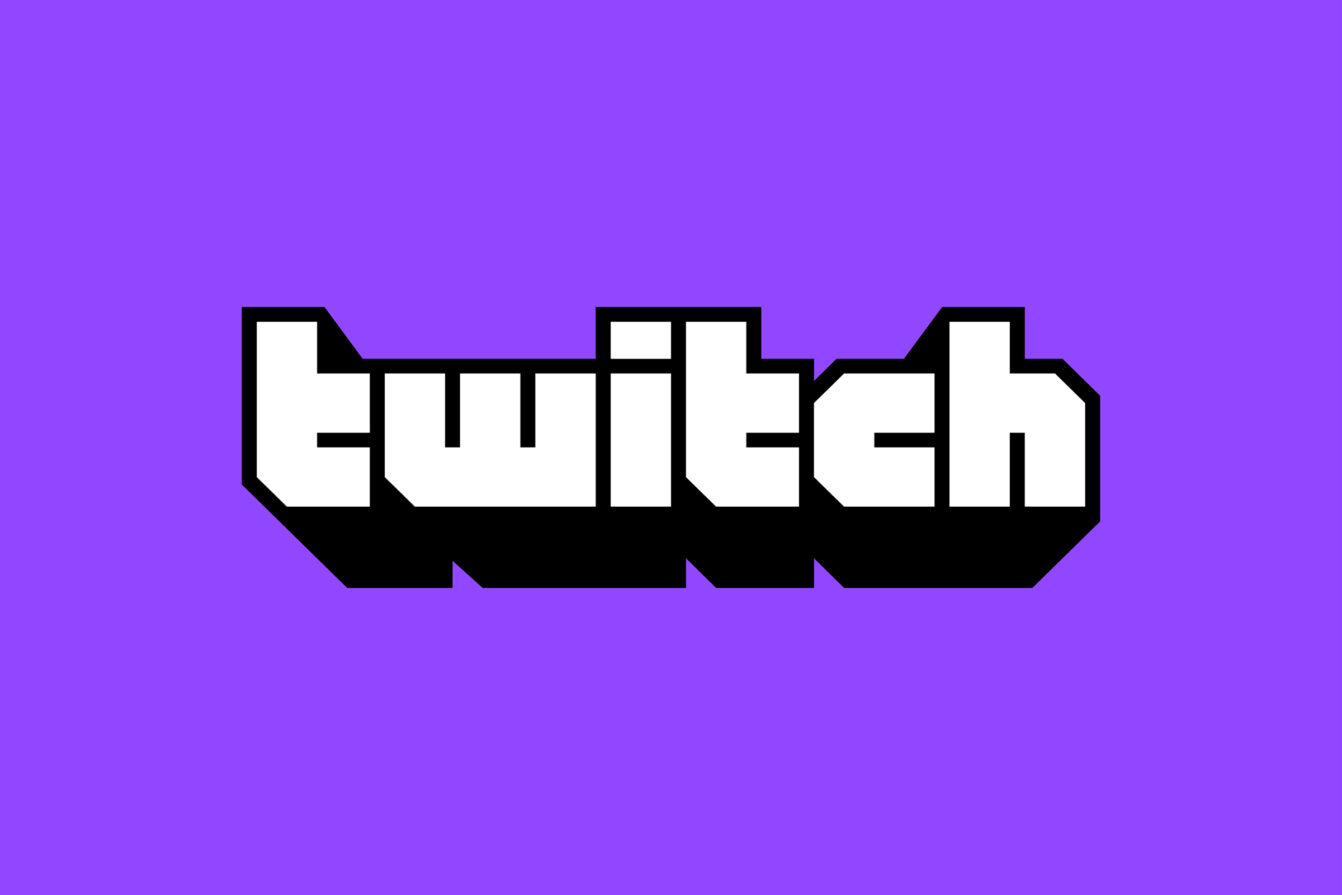Twitch Finally Updates Code of Conduct

by Brenna Henderson ‘21
Twitch, a popular streaming application and website with millions of viewers, should be held responsible for enforcing its code of conduct. Simple as that. In the past, viewers and streamers have complained that Twitch hasn’t properly prosecuted its offenders nor updated their Hateful Conduct and Harassment Policy. Twitch rarely responded to these complaints until recently, when it banned the words, “simp, incel, and virgin,” and included stricter rules on sexual harassment. This allows for easier access to ban offenders.
New policies prohibiting sexual harassment of any kind will go into effect on January 20. The policy bans explicit or repeated comments on a person’s appearance and the Confederate flag in chat. Twitch also addressed some controversy surrounding the storming of the Capitol on January 6. A famous and commonly used emote on their website, “PogChamp,” featured the face of Ryan “Gootecks” Gutierrez. However, Gutierrez tweeted out in support of the protesters storming the Capitol, so Twitch removed the emote in response. “We’ve made the decision to remove the PogChamp emote following statements from the face of the emote encouraging further violence after what took place in the Capitol today,” tweeted Twitch.
Although the new code of conduct is a step in the right direction, Twitch should have had these rules implemented from the creation of the website. Social media applications and websites need to be able to distinguish between free speech and hate speech in order to provide a safer and more comfortable atmosphere for its users. If users do not feel safe, the company should be held responsible. “ … We want Twitch to be a welcoming place for everyone to connect and create together,” tweeted Twitch. “Hateful conduct and harassment stand in the way of that ideal, and they have no place on Twitch, social media, or anywhere else. We’ll continue to take action against those who violate our community guidelines and seek to harm our community and creators.” Why has it been difficult for Twitch, or any social media platform, to enact this obvious position? Social media is a product offered by a private company and is a means for that company to make money. A user doesn’t have the right to do or say whatever they want, just as a person doesn’t get to enter a business establishment and scream hateful obscenities at other customers. It’s that simple, even if it took Twitch too long to realize it.